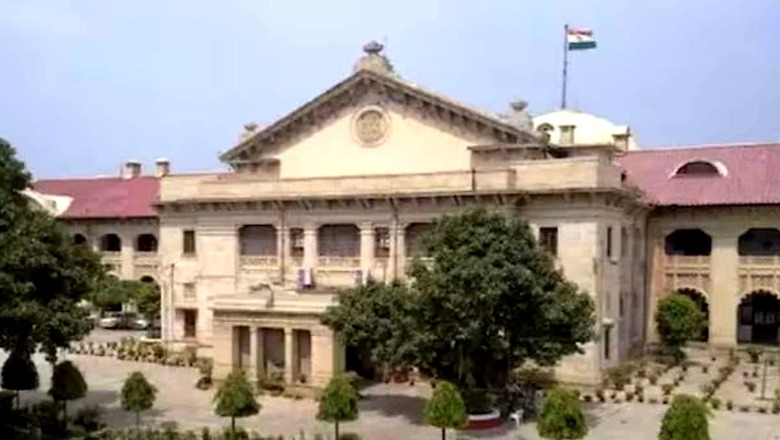
views
In a significant ruling, the Allahabad High Court held that under the Hindu Adoptions and Maintenance Act, 1956, it is not mandatory for a widowed daughter-in-law to reside in her matrimonial home to claim maintenance from her father-in-law.
The observation came in an appeal filed by the father-in-law of the widow, challenging the maintenance awarded to her by the Family Court of Agra.
The woman, Bhuri Devi, whose husband was murdered in 1999, sought maintenance under Section 19 of the Hindu Adoptions and Maintenance Act, 1956, arguing that she had no source of income and was entitled to support from her father-in-law. The Agra Family Court had earlier granted her Rs 3,000 per month as maintenance. However, her father-in-law, Rajpati appealed, arguing that the daughter-in-law had left her matrimonial home and was living with her parents. He contended that she had no right to demand maintenance as she refused to live with him.
The bench of Justices Saumitra Dayal Singh and Donadi Ramesh, in its judgment, underscored that societal and cultural norms often influence a widow’s decision to live with her parents after the death of her husband. The judgment held that this choice should not disqualify her from claiming maintenance. “Merely because the lady may have made that choice may neither lead us to the conclusion that she had separated from her matrimonial home without reasonable cause nor that she would have sufficient means to survive of her own,” court remarked.
The court also noted that the widowed daughter-in-law’s right to maintenance is not contingent on her living in the matrimonial home, as the social context of widows living with their parents is common and should not be penalised.
The judgment clarified that the law must be applied in a manner sensitive to the realities faced by widowed women, many of whom might not be comfortable or able to stay with their in-laws after their husband’s death.
The father-in-law had also claimed that he was 70 years old and financially dependent on his sons, making it difficult for him to continue paying the maintenance. However, the court observed that he owned agricultural land and had some financial resources. The high court, in light of his age and circumstances, reduced the monthly maintenance to Rs 1,000 in line with an earlier interim order.
The case also involved an allegation from the daughter-in-law that the father-in-law had misappropriated Rs 80,000 given to him as terminal dues after his son’s death. The high court did not find substantial evidence to support this claim but maintained that her right to maintenance was valid under the Hindu Adoptions and Maintenance Act.













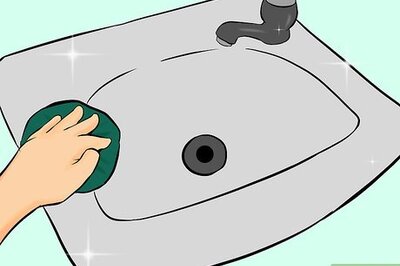

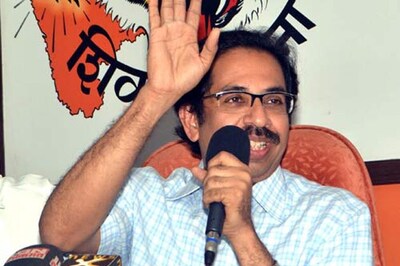
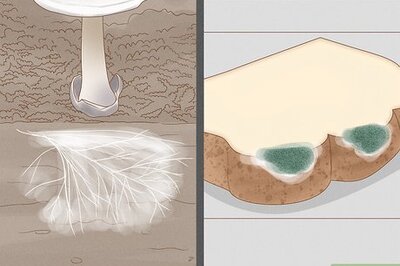

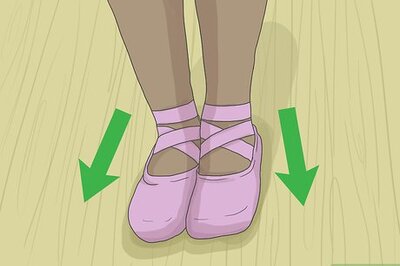

Comments
0 comment